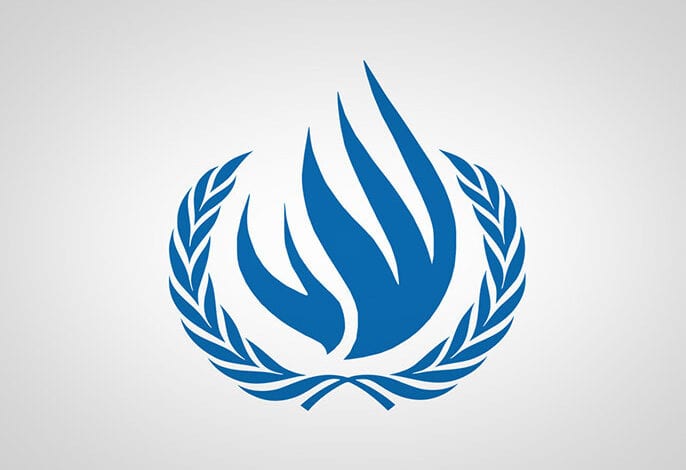
Human Rights Council adopts a Resolution, without a voting, to establish a Factfinding Mission for Libya
The UN Human Rights Council, in its final meeting of its 43rd Regular Session, adopted Resolution A/HRC/43/L.40 “Technical assistance and capacity-building to improve human rights in Libya”. The resolution was adopted without a vote.
HRC requested the Office of the United Nations High Commissioner for Human Rights (OHCHR) to immediately establish and dispatch a fact-finding mission to Libya. The mandate of the mission is to “establish the facts and circumstances of the situation of human rights throughout Libya, and to collect and review relevant information, to document alleged violations and abuses of international human rights law and international humanitarian law by all parties in Libya since the beginning of 2016, including any gendered dimensions of such violations and abuses, and to preserve evidence with a view to ensuring that perpetrators of violations or abuses of international human rights law and international humanitarian law are held accountable”.
The draft resolution was sponsored by Burkina Faso, on behalf of the African Group in the Council, and 31 members of the Council co-sponsored the resolution when it was presented to the Council for the vote. In the meeting, Libya’s representative at the Council, noted that the mission should investigate the involvement of some states in the Libyan affair outside of the framework of the Security Council and Human Rights Council.
Human Rights Solidarity commented was hoping of the establishment of an international commission of inquiry, and not a fact-finding committee. An international commission of inquiry, mandated to investigate all violations, and the facts and circumstances of such violations and crimes, and to identify the perpetrators in order to ensure accountability, is what is needed combat impunity in Libya.
Human Rights Solidarity will support the OHCHR’s fact finding mission and urges the Libyan authorities to cooperate with the mission and facilitate and secure the field visits. At the sometime, it calls on the civil society organizations concerned with human rights and the organizations for internally displaced persons, to cooperate with the mission, and to assist the victims of violations to communicate with it and help in preparation of reports and communications.

